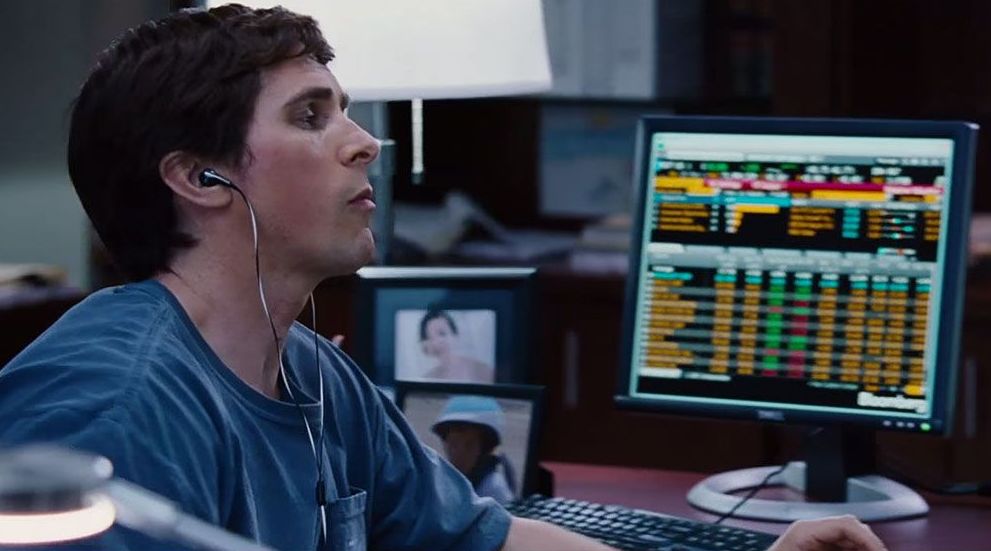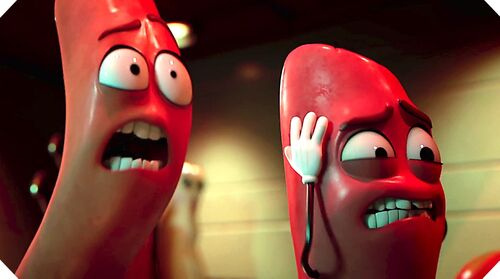
The Big & Short Of It
 So, usually I’ve got bargain bin analogy that equates the themes of the film I’m watching with my own personal cinema-going experience. It may be ostentatious but it gives me something to write about.
So, usually I’ve got bargain bin analogy that equates the themes of the film I’m watching with my own personal cinema-going experience. It may be ostentatious but it gives me something to write about.
But I’m at an impasse with The Big Short. There’s no greater meaning to be recognized from this creative non-fiction film, so what am I to talk about? Do I remain content to writing just a bare-bones film review or do I try and extract a larger meaning from it?
Sometimes the lesser that needs to be said is a great inclination of its quality. This film will make you angry and despondent, and not for the classic reasons in cinema. Your hatred for the potential for selfish arrogance of the human race will be realised when you watch The Big Short, and afterwards you will bad sad for the same reasons.
And this is a perfect demonstration for the impact this film has on the viewer. It’s creation is quite quirky; having characters break the fourth wall while transcending what reality at certain points is simply put the strangest form of conveyance I have ever seen on screen. Yet it works. Without it the majority wouldn’t have a clue what is actually happening to the world’s economy and all emotional impact would be lost. Hell, when I the number fifteen-billion was uttered I was left dumbfounded at the insanity that caused these true events to unfold. The only truly bad thing about this film is that, in its simplest form, it all really happened. And that is not a comforting thought.
Broken record. True events have the most impact. When a cast, changed names or not, portrays real people in real situations it only adds to the effect on the viewer. The Big Short has it in droves and does it all effortlessly. And because it’s a true story at its purest form (I am putting aside my dislike for the changing of events because this is a story about marketing, which is very boring), there’s nothing left to mine beneath the surface. And that is all I can say.


